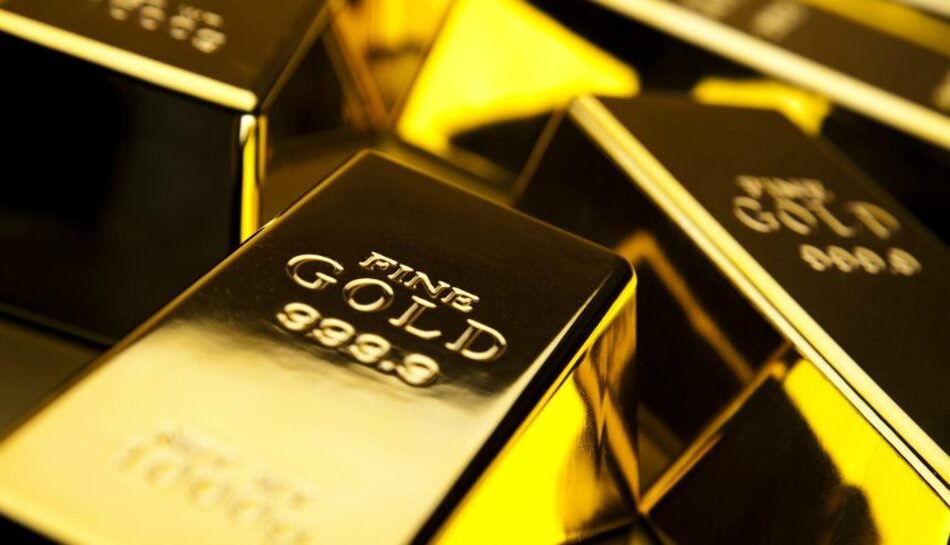Investment Products
This company continues to excel in customer service and timely payment of profits. Kudos!

Stephanie Andrews
Investor
My initial experience with investing was with Bull-Triangle, and I'm delighted that I took that leap.

Annie Hoffman
Single Mom
After my colleague at work advise to save for the future, we consulted our broker who recommended Bull-Triangle. I must admit, this has been the best financial decision I've ever made..

Patrick C.
Computer Engineer
I've been an investor since my teenage years, so I know how to spot a good investment. Bull-Triangle is ahead of many others. You guys rock!.

Ahmed Hakeem
Banker
Downloads
METALS

Metals derive their value from their rarity. Their limited annual production contributes to their scarcity, which is the primary driver of their worth. The three primary precious metals traded on futures exchanges globally are gold, silver, and platinum.
Gold
Gold holds a prominent status as the most popular precious metal globally, revered by individuals and governments for its unique ability to reflect light. Over thousands of years, it has been ascribed tremendous value. Gold serves a dual role, with both industrial applications and financial significance.Platinum
Platinum stands out as a rare metal, with an annual production of approximately 380 tons compared to the 4,800 tons of gold produced each year. Its high resistance to heat makes it valuable for various industrial applications. Additionally, platinum serves as a precious metal held by many investors as an asset..Investment Strategies
Physical Bars and Coins
The most direct method of investing in precious metals is to purchase the physical metals themselves. Gold, silver, platinum, and palladium bars and coins are available from coin dealers globally. Gold bars come in sizes ranging from 400 ounces down to one gram, providing investors with various options to suit their investment preferences.
Managed Investment
Having an investment company manage your precious metals investment offers several advantages, including accurate and timely market decisions. Many traders experience losses because they enter the market after opportunities have already passed. Investment firms like Platinum Capitals utilize advanced technology to forecast market trends and make informed decisions ahead of time, positioning investors for potential gains.
Key Benefits of Investing in Precious Metals





